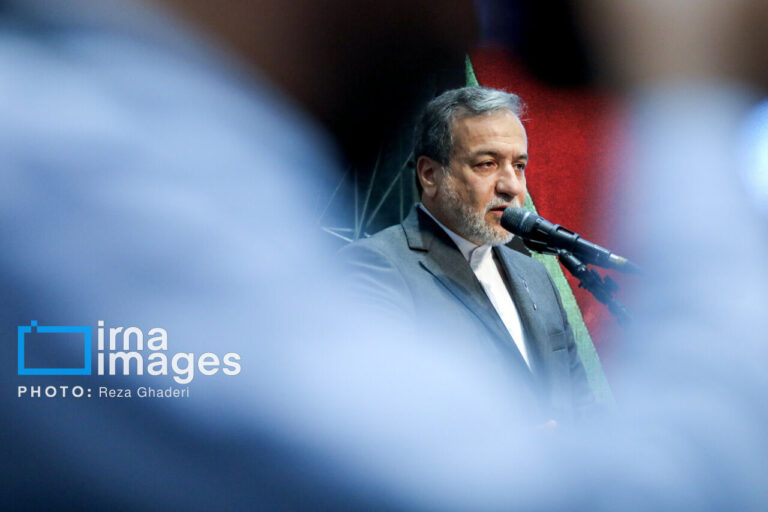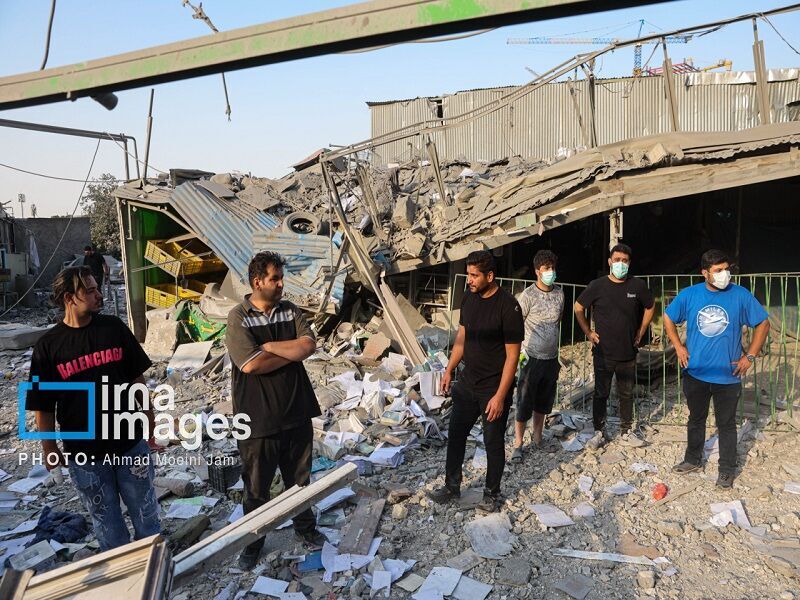
Similar Posts
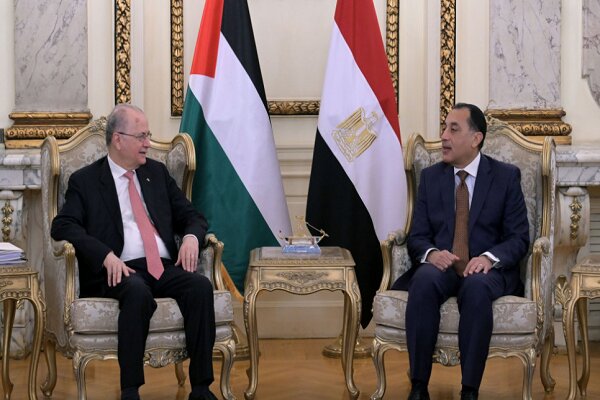
Egypt Stands Strong: Unwavering Support for Palestinian Cause as Emergency Arab Summit Approaches
In a pivotal meeting in Cairo, Egyptian Prime Minister Mostafa Madbouly and Palestinian Prime Minister Mohammad Mustafa discussed a reconstruction plan for Gaza, set to be presented at the emergency Arab Summit on March 4. Madbouly reaffirmed Egypt’s commitment to Palestinian rights, including self-determination, while highlighting a detailed plan focused on rebuilding housing and infrastructure without displacing Gaza’s citizens. Mustafa expressed gratitude for Egypt’s support and emphasized the urgent need to end Israeli occupation. The discussions aim to unify Arab support for Palestine, especially in light of controversial proposals from former President Trump regarding Palestinian displacement.
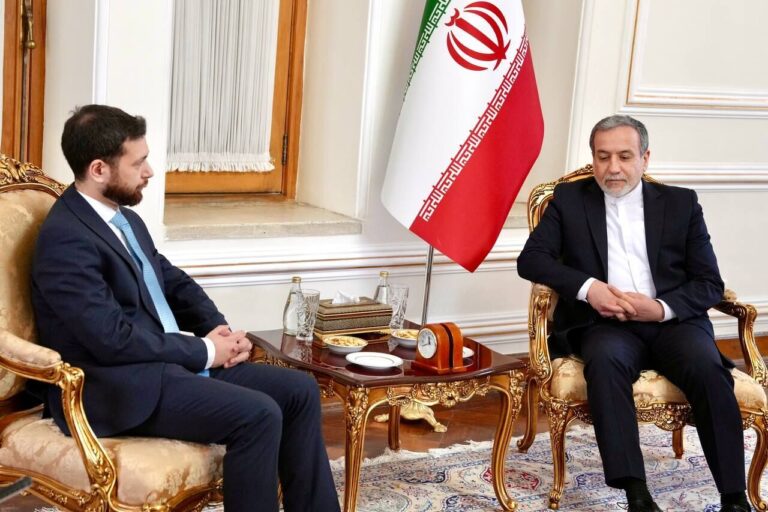
Iran’s FM Araghchi: Strengthening Strategic Relations with Armenia is a Top Priority
Iranian Foreign Minister Abbas Araghchi emphasized President Masoud Pezeshkian’s commitment to strengthening bilateral relations with Armenia during a meeting in Tehran. He highlighted the existing strong ties and extensive cooperation between the two nations across various sectors. The discussion included Armenia’s commitment to peace and security in the South Caucasus, as well as a focus on fostering good neighborly relations. The Armenian deputy foreign minister appreciated Iran’s supportive stance on regional developments, indicating a mutual interest in continuing and expanding the partnership between Iran and Armenia. This meeting underscores the ongoing collaboration and shared goals of both countries.
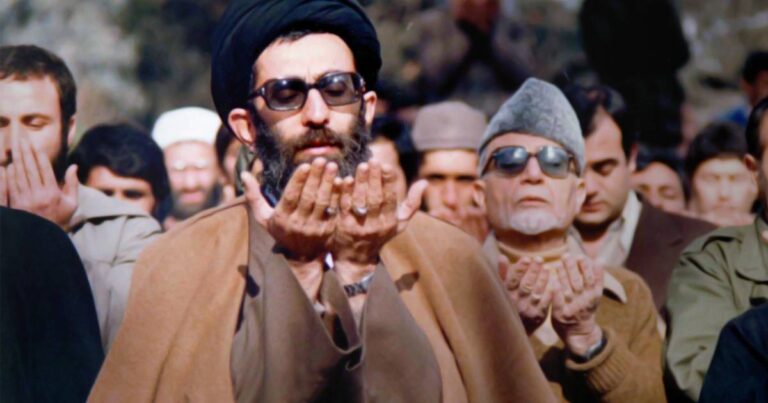
Transforming Faith: How Khamenei Uses Friday Prayers as a Powerful Tool for Control
Friday prayers in Iran have shifted from vibrant community gatherings to political briefings, particularly affecting middle-aged and older generations who recall their revolutionary significance. Initially popular post-revolution and during the Iran-Iraq war, attendance has declined due to dissatisfaction with the Islamic Republic’s leadership and economic issues. Supreme Leader Ali Khamenei has restructured the Friday prayer system, appointing younger, military-aligned clerics. Currently, around 850 imams serve across Iran, primarily appointed after 2017. These imams not only lead prayers but also oversee local governance and enforce Islamic norms, reflecting Khamenei’s tighter control over religious and political life.
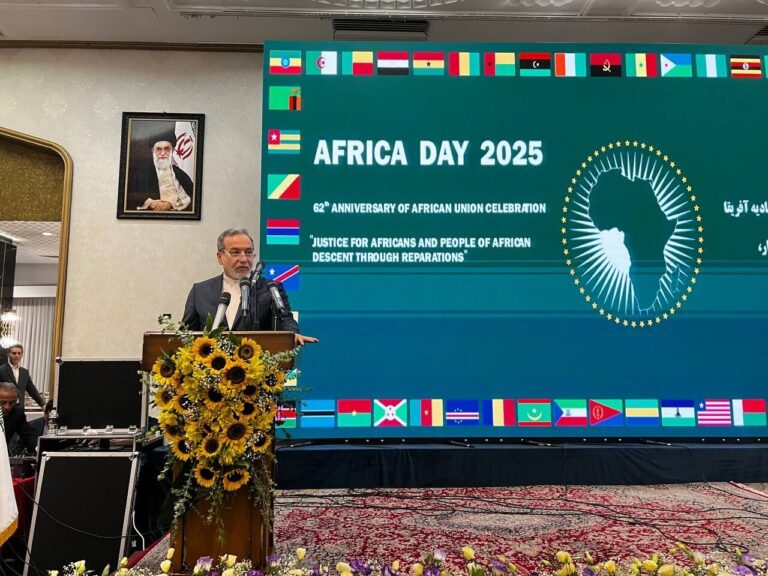
Iran Eyes Expanded Cooperation with Africa Through Free Trade Area Initiatives
Iranian Foreign Minister Abbas Araqchi recently highlighted the potential for economic collaboration between Iran and African nations during a ceremony in Tehran marking Africa Day. He emphasized the benefits of cooperation through free trade zones and praised Africa’s progress, particularly the establishment of the African Continental Free Trade Area. Araqchi noted Africa’s youthful population and rich diversity, while paying tribute to influential African leaders. He reiterated Iran’s commitment to enhancing relations across various sectors, including politics, economics, and technology, and expressed optimism for future bilateral ties, aiming to leverage Africa’s resources and Iran’s technology for mutual benefit.
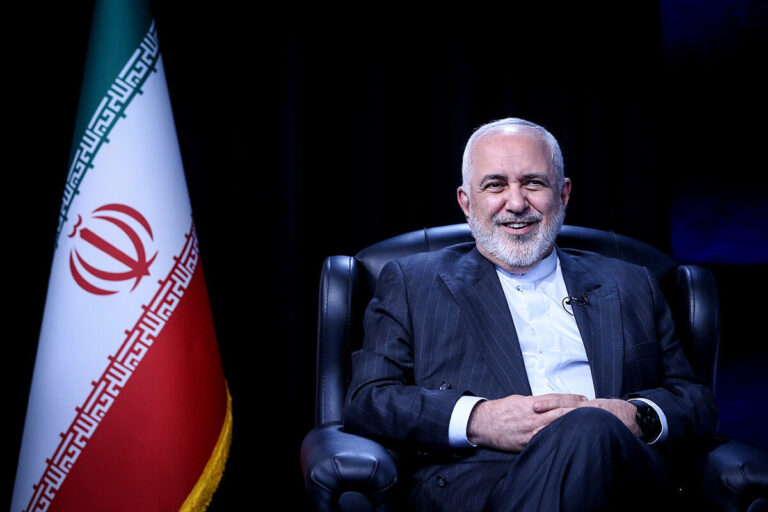
Vice President Zarif Inspires at Baghdad’s ‘Lovers of Ahl al-Bayt Conference’
During the “Lovers of Ahl al-Bayt Conference” in Baghdad, Iranian Vice-President Mohammad Javad Zarif emphasized the importance of love and compassion in today’s world. He expressed gratitude to hosts, particularly Sayyid Ammar al-Hakeem, and highlighted the gathering’s significance during Arba’in, stating that the love for Imam Hussain unites attendees. Zarif called for a new path based on empathy and sacrifice, urging followers of Shia Islam to promote amity and support the oppressed, especially in Gaza. He concluded with a reminder of Imam Ali’s teachings on justice and compassion, underscoring the need for unity among Ahl al-Bayt supporters.
